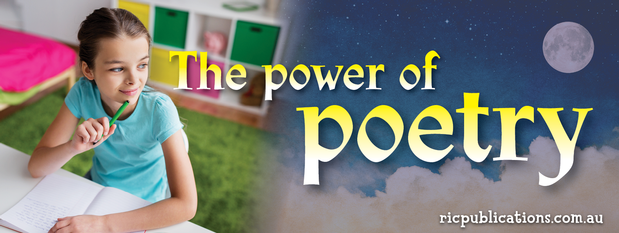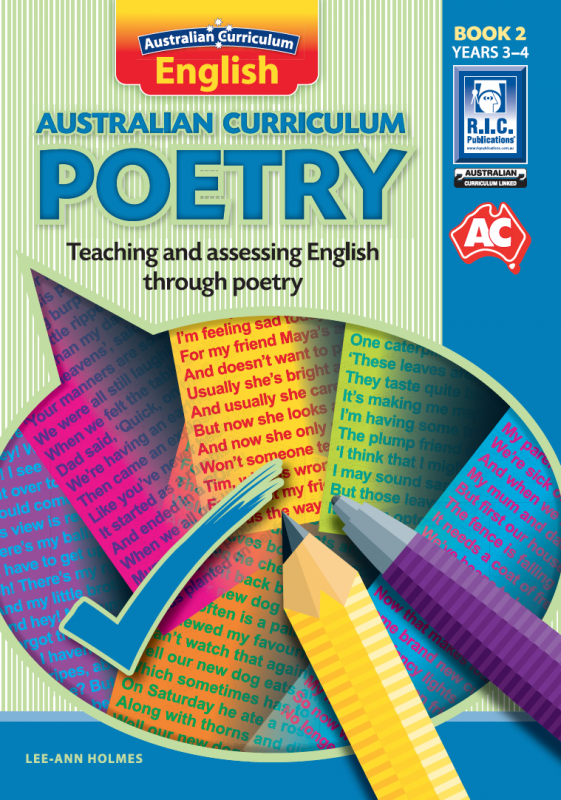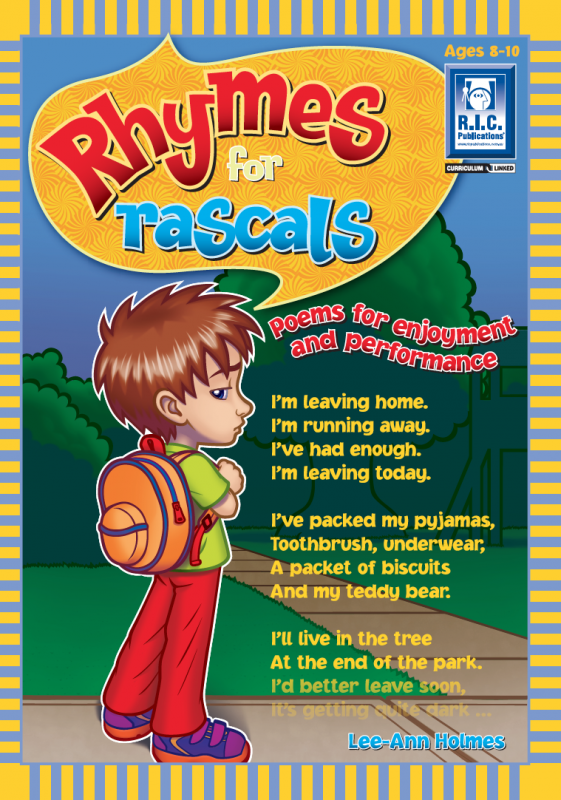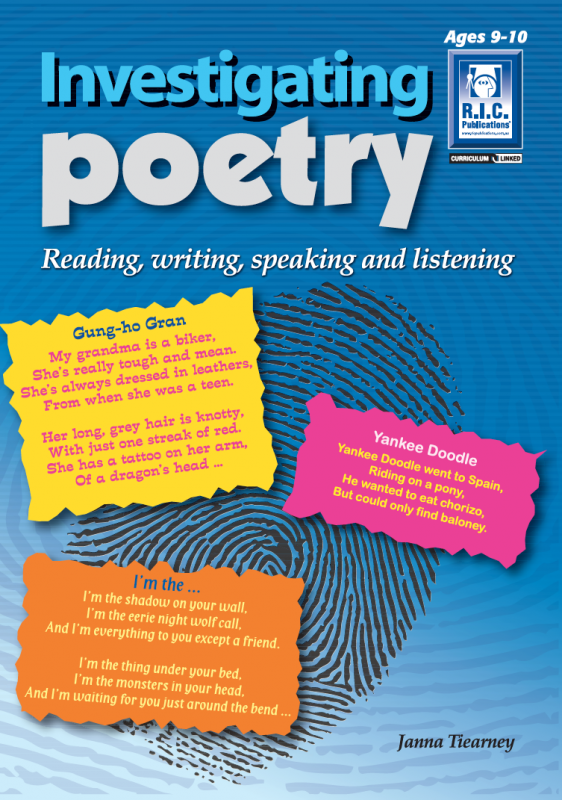- Tuesday 21 March 2017
- 0 Comments
During a recent discussion with my colleagues, the subject of poetry arose, and the many benefits of its use in education. Sadly, the trend seems to be that the use of and interest in poetry in schools is decreasing.
There is no doubt that teachers should expose their students to many different text types or genres, but how many teachers choose to ignore poetry as a text type?
The benefits of using poetry in teaching are many and varied.
Poetry has its own language features, format (and freedom of form if you wish it), as well as rhythm, beat and sounds.
This makes it a good venue for speaking and listening, reading fluency and verbal expression. It teaches students about imagery; similes and metaphors, and other figurative language; and grammar and punctuation.
Very young children learn poetry from the moment they learn to speak.
They learn nursery rhymes and action rhymes and they become a normal part of their speech.
Poetry provides a place for creativity and expression.
In a world where the emphasis in schools is on maths, science, STEM and building careers for the future, where is the place for creativity and expression? Our world needs a balance of practicality and creativity. It's important to expose students to many different forms of poetry and encourage them to think about and analyse it (but not to excess!). You can provide simple frameworks as a safety net if you want your students to write their own poetry. There are a number of good-quality books available including Writing frameworks by Rosalba Bottega and Yolande Colwell.
Poetry builds a sense of community.
One school where I taught had the most wonderful music teacher. Each month, she'd provide copies of song lyrics for each class. She'd ready CDs of the song, talk about and practise with each class during music lessons and teach dance moves. Classroom teachers practised with their classes when time permitted until finally, the whole school community sang and danced at the school assembly. The students weren't aware that they were immersing themselves in poetry and often asked to practise the song. There was no analysing or critiquing ... just simple enjoyment! The most ardent supporter in my class was a mildly-autistic boy who knew every song backwards and forwards! Couldn't the same thing happen with a selected poem, especially one chosen by a student?
Try the following suggestions to get your students interested in poetry. I read an article stating that poetry helps students understand each other and builds resilience. A line read in a poem may help a student see an idea or viewpoint more clearly or understand a life experience. Writing and sharing helps students learn to freely express their feelings, thoughts and ideas; and helps other understand them better ... and makes them stronger!
- Place random word magnets on a whiteboard (or other magnetic surface) so students can have fun creating their own silly rhymes.
- Allow students to illustrate their favourite poem, or a poem on their favourite subject.
- Use simple riddles which will also encourage students to develop critical thinking and problem-solving skills.



